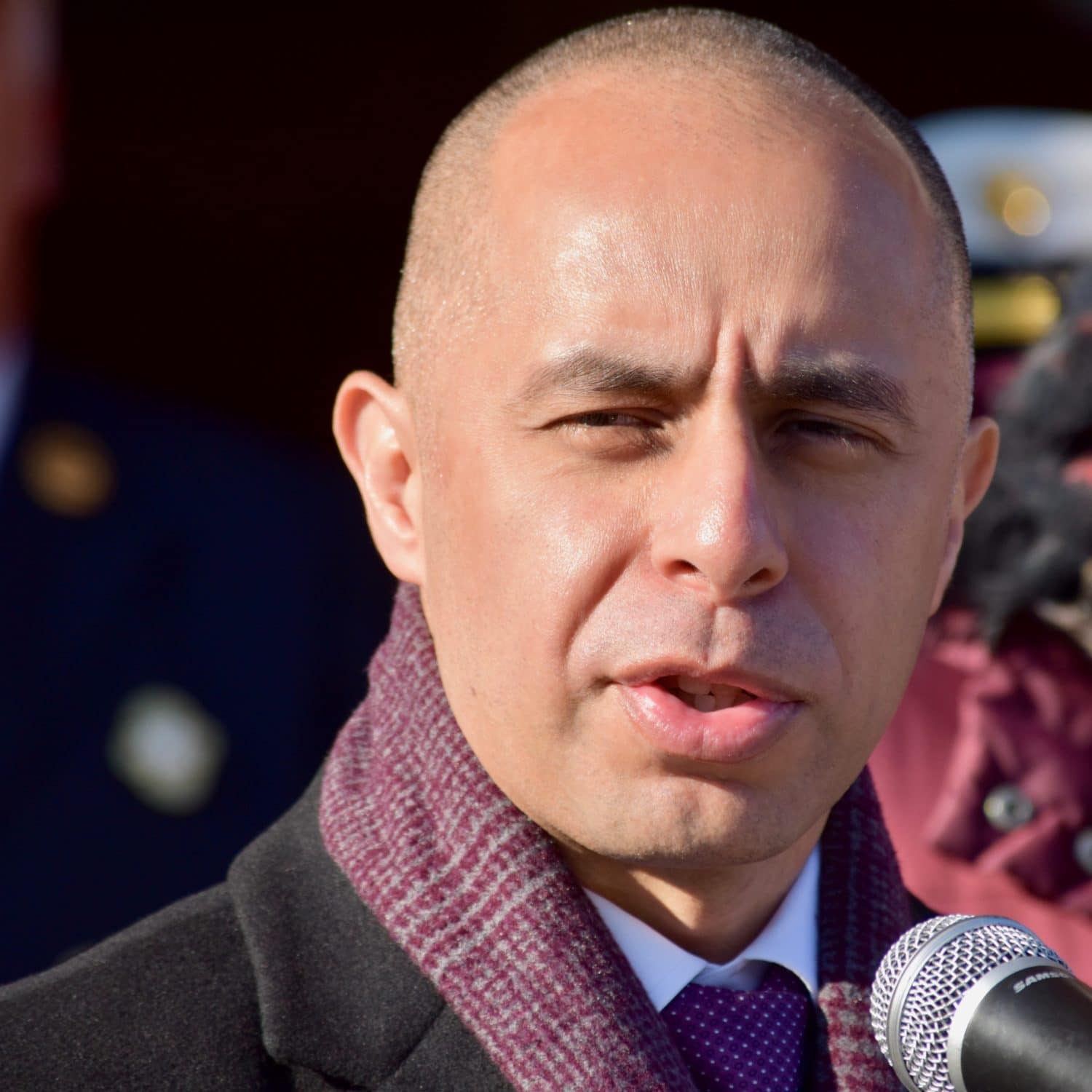An open letter to Providence Mayor Jorge Elorza on privatizing our water supply
Dear Mayor Elorza, On Monday night, April 23, 2018, you were a guest at my neighborhood association’s annual meeting, where you spent a few minutes summarizing your priorities for our wonderful city and shared home. One of the priorities you spent a lot of time on was the idea of privatizing (I believe you called it “monetizing”) our water supply.
April 25, 2018, 11:54 pm
By Mikaila Mariel Lemonik Arthur
Dear Mayor Elorza,
On Monday night, April 23, 2018, you were a guest at my neighborhood association’s annual meeting, where you spent a few minutes summarizing your priorities for our wonderful city and shared home. One of the priorities you spent a lot of time on was the idea of privatizing (I believe you called it “monetizing”) our water supply. You said this was needed not only to bring in revenue, but also to serve as a bargaining chip in conversations with the city’s pensioners. I am writing to outline my views, widely shared by my neighbors in attendance at the meeting, about why this is the wrong approach on all fronts: it is a plan that does not make sense economically, does not make sense morally, and does not even make sense logistically.
Water is the most essential stuff of life. Without water, the average person cannot survive more than three or four days, or less if it is particularly hot. Dirty or polluted water, as the case of Flint demonstrates so clearly, causes extreme peril to human health. We in Providence are blessed with an abundant, clean source of water in the Scituate Reservoir—a source created only through imposing suffering and displacement on Scituate residents a century ago. Nearly 1,200 buildings were destroyed and several people killed themselves from the trauma of losing their homes. They went through this suffering in service of the public good. It dishonors their memory to profit from the consequences of their trauma.
In the present day, cities that have privatized or monetized their suffering have come to regret it, as private enterprises take advantage of the opportunity to seek profit on a necessity of life. In Oxford, Massachusetts, for example, town members raised millions of dollars to buy their water supply back from the private company Aquarion, and their lobbyist went as far as to pull the fire alarm at a town meeting (according to the Worcester Telegram) to disrupt voting on the repurchase.
While you claim that such a move could raise money for the city without increasing water rates, this is untrue. National data compiled by Food and Water Watch found that privately owned water companies charge 58 percent more, on average, than public utilities do, and rates at privately owned companies have increased on average at three times the speed of inflation. This is in part because privately owned companies must make a profit for their shareholders or owners, and in part because privately owned companies have—by definition—higher costs, such as corporate taxes and higher borrowing rates. Perhaps a contract could keep costs down here in Providence while increasing them even more on water customers beyond the city limits, but if that’s the solution why not seek it without adding a private intermediary? Privatization also tends to lower water quality and maintenance, even when good accountability measures are built into contracts. This is in part because it is much more difficult for a city to enforce contractual provisions than it is for that city to simply supervise a component of its own municipal government. (Notwithstanding your reference at the meeting to Providence Water as a quasi-governmental agency, it is nothing of the sort.) Indeed, even a transfer to the Narragansett Bay Commission would present such problems, given NBC’s status as an actual quasi-governmental agency with no additional oversight beyond the 19 members of its board, of whom only two are appointed by Providence.
Like all cities, Providence has its financial challenges, and you, Mayor Elorza, are justifiably proud of the balanced budget and lack of tax increases you’ve maintained. But many people in our city could afford to pay more. A Providence homeowner with an owner-occupied home assessed at $1 million would pay $18,800; a home assessed for the same value in East Greenwich would result in a payment of $23,660. As a Providence resident, I would rather see those of us who can afford it pay our fair share—not for our most vital resource to be pulled out from under us. And it is that much more upsetting to see you suggest that this path must be taken as part of a process of demanding concessions from retired people. I say this as a Providence resident whose only personal or family connection to the pension fund is as a taxpayer.
Your forebears as mayor made mistakes in underfunding our city’s pension liability. Those mistakes were mistakes on the part of the city government—pensioners held up their end of the bargain, working hard their whole lives at lower pay than they would have received in the private sector in return for the promise that they would have enough to live on in the twilight of their lives. They should not suffer because of the mistakes made in the past. And our children should not face a future of suffering because of the mistake you plan to make by “monetizing” (privatizing) our precious water. Selling off our water is the same kind of short-term thinking that caused the pension crisis. It can only be solved with a long-term perspective that emphasizes the health and future of our amazing city. Keep the future in mind, and don’t let your legacy be the destruction of our water supply.
See also:
Mayor Elorza again seeks to monetize Providence’s water supply






